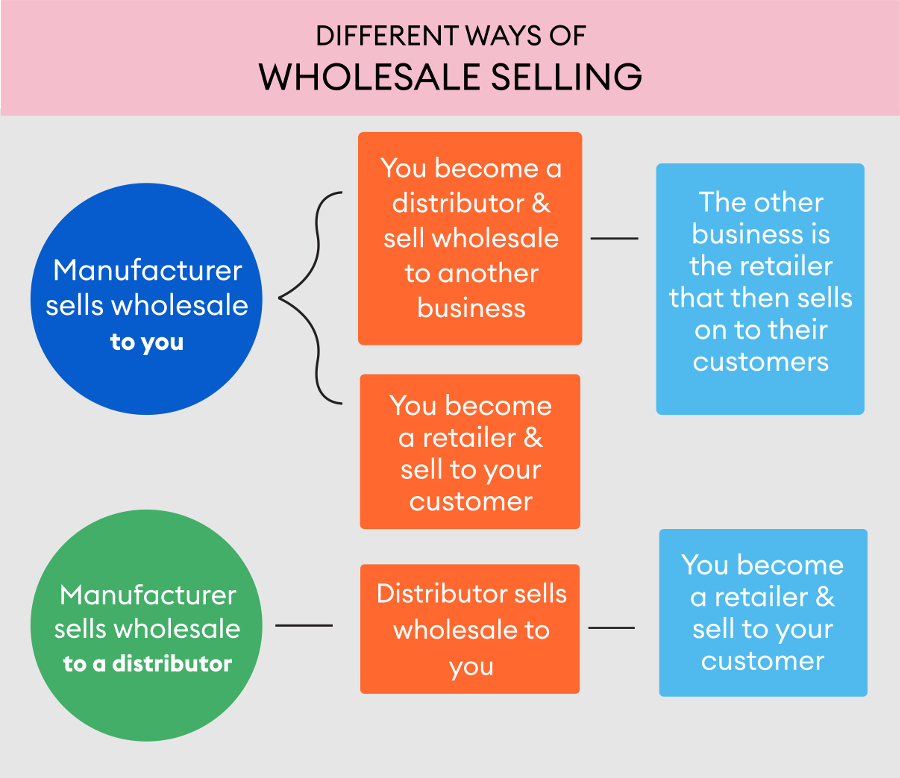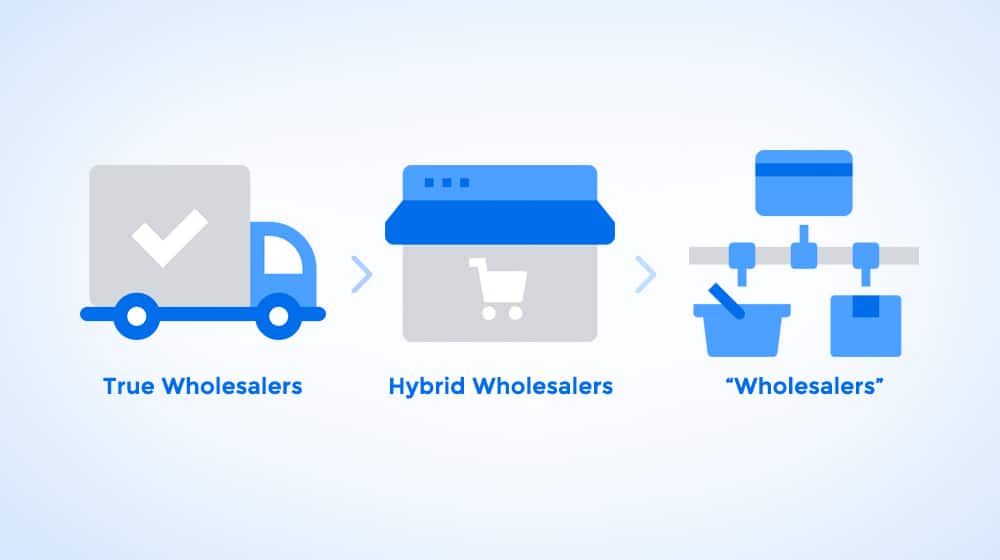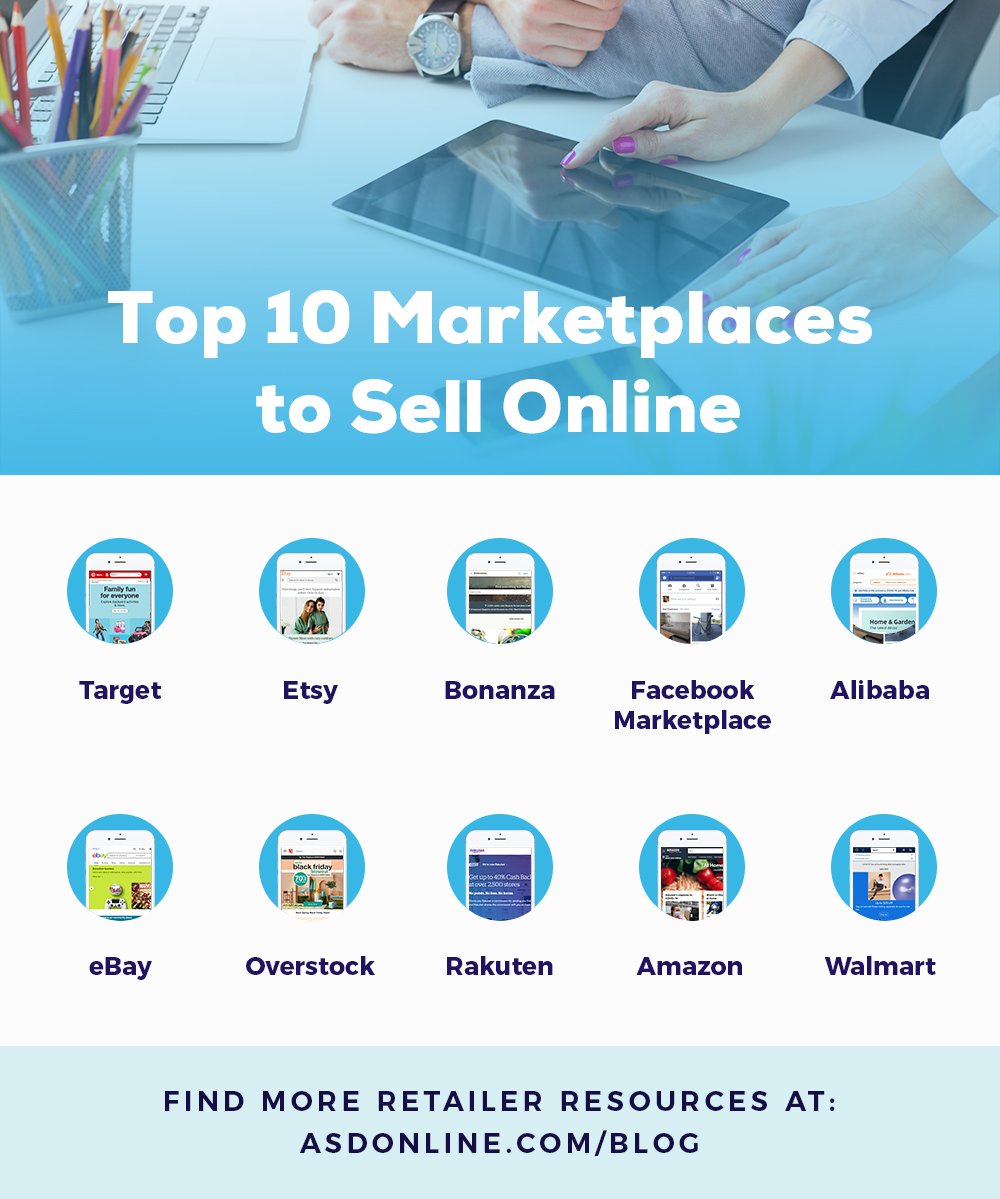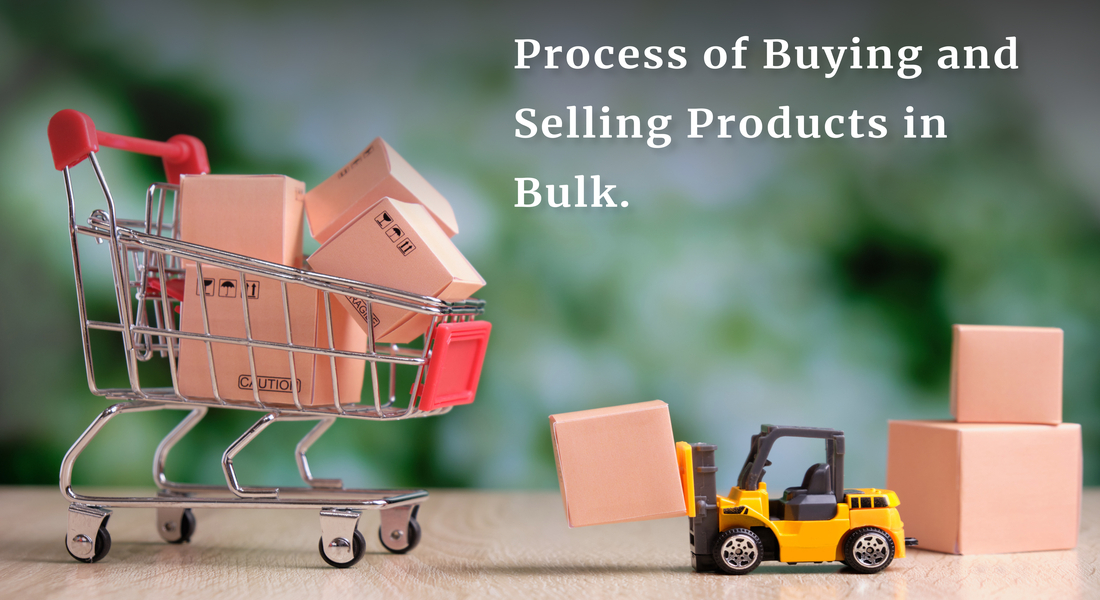What is Wholesale Buying and How Can It Benefit You
Wholesale buying is a purchasing strategy that involves acquiring products in bulk quantities at discounted prices. This approach can benefit individuals and businesses alike, offering a range of advantages that can help increase profits and reduce costs. By buying wholesale items, entrepreneurs can stock up on essential goods, reduce their expenses, and ultimately, boost their bottom line.
One of the primary benefits of wholesale buying is the ability to purchase products at significantly lower prices than retail rates. This is because wholesalers typically offer discounts for bulk purchases, which can be substantial. For instance, a business owner who needs to purchase 100 units of a particular product may be able to negotiate a lower price per unit than if they were buying just 10 units. This can lead to substantial cost savings, especially for businesses that require large quantities of products.
Another advantage of wholesale buying is the ability to access a wide range of products from various suppliers. Wholesalers often carry a diverse selection of goods, making it easier for buyers to find the products they need. This can be particularly useful for businesses that require specialized or hard-to-find items. By buying wholesale, entrepreneurs can simplify their procurement process and reduce the time and effort required to source products.
Popular wholesale items include electronics, clothing, home goods, and beauty products. These products are often in high demand, making them ideal for resale or use in business operations. For example, a retailer may purchase wholesale clothing items to stock their store, while a salon owner may buy wholesale beauty products to use in their services.
When considering how to buy wholesale items, it’s essential to research and evaluates potential suppliers carefully. Look for wholesalers that offer competitive pricing, reliable shipping, and high-quality products. It’s also crucial to understand the payment terms and return policies of each supplier to ensure a smooth and successful transaction.
By understanding the benefits and process of wholesale buying, individuals and businesses can make informed purchasing decisions and take advantage of the cost savings and convenience that wholesale shopping offers. Whether you’re looking to stock up on essential goods or simply want to explore new products, wholesale buying can be a valuable strategy for achieving your goals.
How to Find Reliable Wholesale Suppliers
When it comes to buying wholesale items, finding reliable suppliers is crucial to ensuring a successful and profitable experience. A trustworthy supplier can provide high-quality products, competitive pricing, and excellent customer service, while a unreliable supplier can lead to delays, defects, and financial losses.
To find reliable wholesale suppliers, it’s essential to conduct thorough research and evaluation. Here are some tips to help you get started:
1. Utilize wholesale directories: Wholesale directories like SaleHoo, Worldwide Brands, and Wholesale Central provide a comprehensive list of verified suppliers. These directories can help you find suppliers that match your product needs and budget.
2. Attend trade shows: Trade shows and industry events are an excellent way to meet potential suppliers in person. This allows you to ask questions, inspect products, and build relationships with suppliers.
3. Leverage online marketplaces: Online marketplaces like Alibaba, Thomasnet, and Maker’s Row connect buyers with suppliers from around the world. These platforms often provide supplier ratings, reviews, and product information to help you make informed decisions.
4. Check for certifications: Look for suppliers that have certifications like ISO 9001, CE, or FDA. These certifications indicate that the supplier meets certain standards for quality, safety, and compliance.
5. Evaluate supplier websites: A supplier’s website can reveal a lot about their business. Look for websites that are professional, easy to navigate, and provide clear product information, pricing, and contact details.
6. Read reviews and ask for references: Check online reviews, ask for references, and contact other customers to get a sense of the supplier’s reputation and reliability.
7. Verify supplier information: Verify the supplier’s business license, tax ID number, and physical address to ensure they are a legitimate business.
By following these tips, you can increase your chances of finding reliable wholesale suppliers that meet your needs and help you achieve your business goals. Remember to always prioritize research and evaluation when selecting a supplier, and don’t be afraid to ask questions or seek clarification when needed.
Understanding Wholesale Pricing and Payment Terms
When buying wholesale items, it’s essential to understand the different types of wholesale pricing and payment terms. This knowledge will help you navigate the wholesale market with confidence and make informed purchasing decisions.
Wholesale pricing models vary depending on the supplier, product, and industry. Here are some common types of wholesale pricing:
1. MOQ (Minimum Order Quantity): This is the minimum quantity of products that a supplier requires you to purchase. MOQs can vary greatly depending on the supplier and product.
2. Unit Prices: This is the price per unit of a product. Unit prices can be negotiable, especially for large orders.
3. Discounts: Suppliers may offer discounts for bulk purchases, loyalty programs, or special promotions.
Payment terms are also crucial to understand when buying wholesale items. Here are some common payment terms:
1. Net 30: This means that payment is due within 30 days of the invoice date.
2. Credit Cards: Some suppliers accept credit card payments, which can be convenient for small orders.
3. PayPal: PayPal is a popular payment method for online transactions, offering a secure and convenient way to pay for wholesale purchases.
4. Bank Transfers: Bank transfers are a common payment method for large orders, offering a secure and efficient way to transfer funds.
When negotiating with suppliers, it’s essential to understand their pricing and payment terms. Ask questions about their pricing models, MOQs, and payment terms to ensure you’re getting the best deal possible.
Additionally, consider the following tips when negotiating with suppliers:
1. Ask about discounts: Suppliers may offer discounts for bulk purchases or loyalty programs.
2. Negotiate payment terms: Suppliers may be willing to negotiate payment terms, such as extending the payment period or offering a discount for early payment.
3. Clarify pricing: Ensure you understand the pricing model and any additional fees or charges.
By understanding wholesale pricing and payment terms, you can make informed purchasing decisions and negotiate better deals with suppliers. Remember to always ask questions and clarify any doubts you may have.
Navigating Wholesale Marketplaces and Online Platforms
Wholesale marketplaces and online platforms have revolutionized the way businesses and individuals buy wholesale items. These platforms provide a convenient and efficient way to find reliable suppliers, compare prices, and place orders. To navigate these platforms effectively, it’s essential to understand how they work and what features to look for.
Popular wholesale marketplaces include Alibaba, Wholesale Central, and DHgate. These platforms connect buyers with suppliers from around the world, offering a vast array of products at competitive prices. When using these platforms, it’s crucial to research potential suppliers thoroughly, checking their ratings, reviews, and product offerings.
To find the best deals on wholesale items, buyers can use the search functions on these platforms to compare prices and product specifications. Many platforms also offer features such as product catalogs, supplier directories, and trade show calendars. By leveraging these tools, buyers can streamline their wholesale buying process and make informed purchasing decisions.
When searching for wholesale items on these platforms, buyers can use specific keywords, such as “wholesale clothing” or “bulk electronics.” This helps to narrow down the search results and find relevant suppliers quickly. Additionally, many platforms offer filters and sorting options, allowing buyers to refine their search results by factors such as price, location, and supplier rating.
For those wondering how can I buy wholesale items, these online platforms provide a straightforward answer. By creating an account, verifying their business credentials, and browsing the platform’s supplier directory, buyers can start purchasing wholesale items immediately. Many platforms also offer customer support, ensuring that buyers can get help when they need it.
Some wholesale marketplaces also offer additional services, such as logistics and shipping support, product inspection, and payment protection. These services can provide buyers with added peace of mind, ensuring that their wholesale purchases are secure and reliable.
By navigating wholesale marketplaces and online platforms effectively, buyers can unlock a world of wholesale buying opportunities. Whether you’re a business owner looking to stock up on inventory or an individual seeking to purchase bulk items, these platforms provide a convenient and efficient way to find the best deals on wholesale items.
How to Negotiate with Wholesale Suppliers
Negotiating with wholesale suppliers is an essential part of the wholesale buying process. By building strong relationships with suppliers and negotiating effectively, buyers can secure better prices, improve payment terms, and increase their overall profitability. So, how can I buy wholesale items at the best possible price? The answer lies in negotiation.
Before negotiating with a wholesale supplier, it’s crucial to research the market and understand the going rate for the products you’re interested in. This will give you a solid foundation for your negotiation and help you make informed decisions. Additionally, be sure to review the supplier’s pricing and payment terms carefully, looking for opportunities to negotiate.
When negotiating with a wholesale supplier, it’s essential to be respectful and professional. Building a strong relationship with your supplier can lead to better prices, priority service, and other perks. Be open and honest about your needs and expectations, and be willing to walk away if the terms aren’t favorable.
Some common negotiation tactics include asking for discounts, free shipping, and extended payment terms. Buyers can also negotiate for product customization, priority service, and other value-added services. By thinking creatively and being willing to negotiate, buyers can secure better deals and improve their overall wholesale buying experience.
For example, a buyer might ask a supplier to match a competitor’s price or offer a discount for bulk orders. They might also request free shipping or a longer payment term, such as net 60 or net 90. By negotiating these terms, buyers can reduce their costs and improve their cash flow.
Another key aspect of negotiation is communication. Be sure to clearly communicate your needs and expectations to the supplier, and be responsive to their questions and concerns. This will help build trust and ensure a smooth negotiation process.
Finally, be willing to compromise and find mutually beneficial solutions. Negotiation is a give-and-take process, and finding a middle ground can be beneficial for both parties. By working together and being flexible, buyers and suppliers can build strong relationships and achieve their goals.
By mastering the art of negotiation, buyers can unlock the full potential of wholesale buying and achieve significant cost savings. Whether you’re a seasoned business owner or just starting out, learning how to negotiate with wholesale suppliers is an essential skill that can help you succeed in the competitive world of wholesale buying.
Wholesale Buying for Resale: Licensing and Regulations
When buying wholesale items for resale, it’s essential to understand the licensing and regulatory requirements involved. Failure to comply with these regulations can result in fines, penalties, and even business closure. So, how can I buy wholesale items for resale while ensuring compliance with regulations?
In the United States, for example, businesses that buy wholesale items for resale must obtain a sales tax permit or resale certificate. This permit allows businesses to purchase items tax-free and then resell them to customers. However, the specific requirements for obtaining a sales tax permit vary by state, so it’s crucial to research the regulations in your area.
In addition to sales tax permits, businesses may also need to obtain other licenses and permits to operate a wholesale resale business. These can include business licenses, zoning permits, and health department permits. It’s essential to research the specific requirements for your business and location to ensure compliance.
Another important consideration is product compliance. Certain products, such as food, cosmetics, and pharmaceuticals, are subject to strict regulations and guidelines. Businesses that buy wholesale items for resale must ensure that these products comply with all relevant regulations and standards.
For example, food products must comply with FDA regulations, while cosmetics must comply with FDA and CPSC regulations. Pharmaceutical products must comply with FDA and DEA regulations. Failure to comply with these regulations can result in product recalls, fines, and penalties.
When buying wholesale items for resale, it’s also essential to ensure that the products are genuine and not counterfeit. Counterfeit products can pose serious health and safety risks to consumers, and businesses that sell counterfeit products can face severe penalties.
To ensure compliance with licensing and regulatory requirements, businesses should research the specific regulations in their area and obtain all necessary permits and licenses. They should also ensure that the products they buy are genuine and comply with all relevant regulations and standards.
By understanding the licensing and regulatory requirements involved in wholesale buying for resale, businesses can ensure compliance and avoid costly fines and penalties. Whether you’re a seasoned business owner or just starting out, it’s essential to research and understand the regulations in your area to ensure a successful and compliant wholesale resale business.
Common Mistakes to Avoid When Buying Wholesale
When buying wholesale items, it’s essential to avoid common mistakes that can cost you time, money, and reputation. By understanding these mistakes, you can take steps to avoid them and ensure a successful wholesale buying experience. So, how can I buy wholesale items without making costly mistakes?
One of the most common mistakes is not researching suppliers thoroughly. This can lead to buying from unreliable or untrustworthy suppliers, which can result in low-quality products, delayed shipments, or even scams. To avoid this mistake, research potential suppliers, check their ratings and reviews, and ask for references.
Another mistake is ignoring payment terms. Wholesale suppliers often have specific payment terms, such as net 30 or credit cards. Ignoring these terms can result in late fees, penalties, or even account suspension. Make sure to understand the payment terms and conditions before placing an order.
Not testing products is another common mistake. Wholesale products can vary in quality, and not testing them can result in receiving low-quality or defective products. Always test products before placing a large order to ensure they meet your standards.
Not checking for product compliance is also a mistake. Certain products, such as food, cosmetics, and pharmaceuticals, are subject to strict regulations and guidelines. Not checking for product compliance can result in fines, penalties, or even product recalls. Make sure to research the regulations and guidelines for the products you’re buying.
Not having a clear understanding of the return and refund policies is another mistake. Wholesale suppliers often have specific return and refund policies, and not understanding them can result in disputes or losses. Make sure to understand the return and refund policies before placing an order.
Finally, not keeping records and documentation is a mistake. Wholesale buying involves a lot of paperwork and documentation, and not keeping records can result in lost orders, delayed shipments, or even audits. Keep accurate records of your orders, invoices, and payments to ensure a smooth and successful wholesale buying experience.
By avoiding these common mistakes, you can ensure a successful and profitable wholesale buying experience. Whether you’re a seasoned business owner or just starting out, understanding these mistakes can help you navigate the complex world of wholesale buying and achieve your goals.
Maximizing Your Wholesale Buying Experience
To maximize your wholesale buying experience, it’s essential to stay organized, track inventory, and optimize logistics. By implementing these strategies, you can streamline your wholesale buying process, reduce costs, and increase profits. So, how can I buy wholesale items and maximize my experience?
First, stay organized by keeping accurate records of your orders, invoices, and payments. This will help you track your inventory, monitor your expenses, and make informed purchasing decisions. Consider using a spreadsheet or inventory management software to streamline your record-keeping process.
Next, track your inventory levels to ensure you’re not overstocking or understocking. This will help you avoid waste, reduce storage costs, and ensure you have enough stock to meet customer demand. Consider implementing a just-in-time inventory system to optimize your inventory levels.
Optimize your logistics by choosing reliable shipping carriers and negotiating favorable shipping rates. Consider using a freight forwarder or logistics company to streamline your shipping process and reduce costs.
Additionally, consider implementing a quality control process to ensure the products you’re buying meet your standards. This can include inspecting products before they’re shipped, testing products for quality and durability, and implementing a return policy for defective products.
Finally, build relationships with your suppliers to negotiate better prices, improve delivery times, and increase product quality. Consider attending trade shows, joining industry associations, and participating in online forums to connect with suppliers and stay up-to-date on industry trends.
By implementing these strategies, you can maximize your wholesale buying experience, reduce costs, and increase profits. Whether you’re a seasoned business owner or just starting out, understanding how to buy wholesale items and optimize your logistics can help you achieve success in the competitive world of wholesale buying.
In conclusion, buying wholesale items requires careful planning, research, and negotiation. By understanding the benefits of wholesale buying, finding reliable suppliers, navigating wholesale marketplaces, and optimizing logistics, you can unlock the secrets of wholesale shopping and achieve success in your business.







